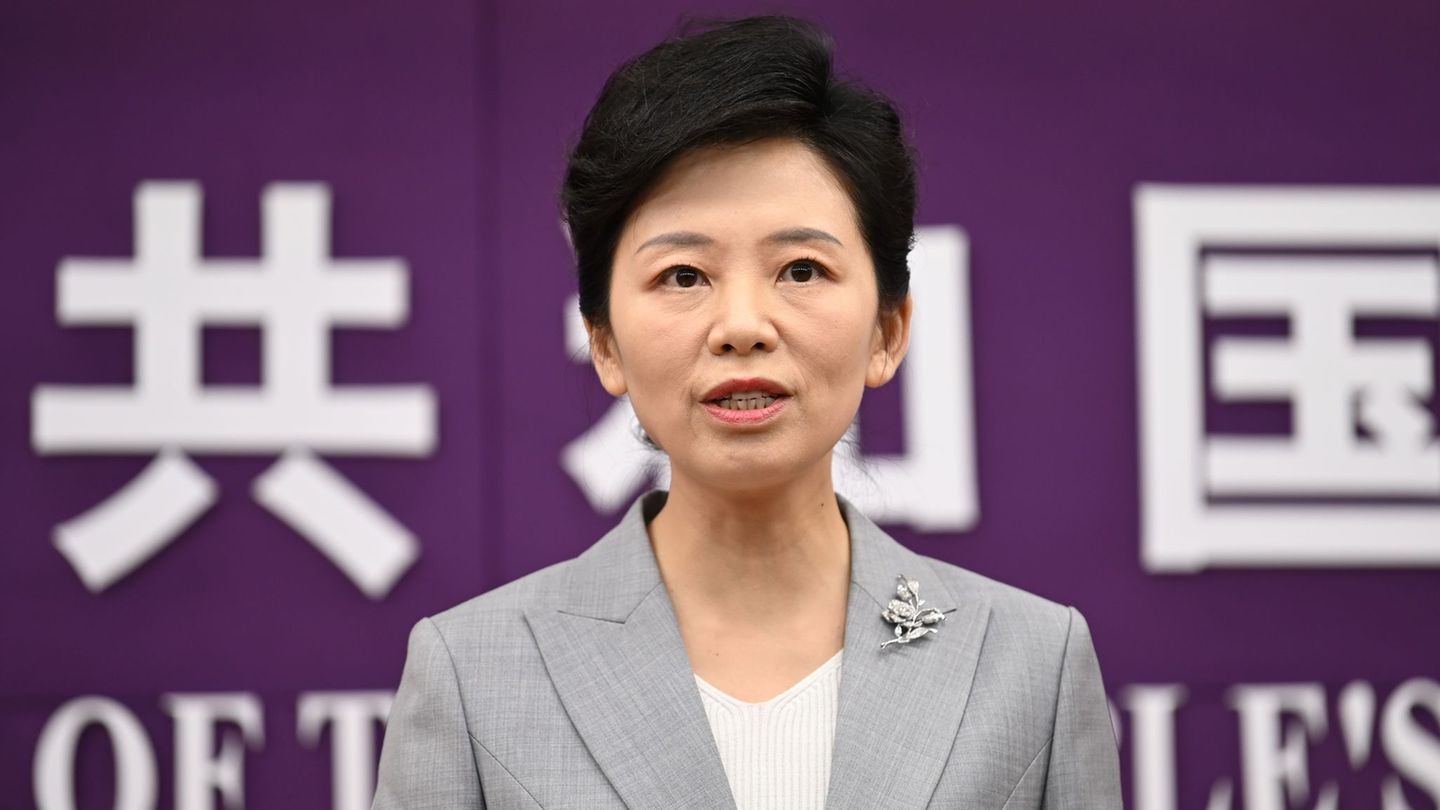The atomic bomb turns Hiroshima into hell in 1945. Today, the fewer and fewer survivors fear that history could repeat itself – and call on the G7 countries to act.
Kunihiko Iida will never forget the eerie sight amidst the scorching hot debris. “People whose bodies were exposed to the atomic bomb in front of their houses have their clothes burned and the skin that was peeling off is gone,” the 80-year-old recalls that morning on August 6, 1945, when the US Bomber “Enola Gay” dropped an atomic bomb on Hiroshima.
In the midst of charred corpses, people who didn’t die all at once wander through the inferno. “If you lower your arms, your arms and stomach stick together. So they have to walk like ghosts in order to be able to walk at all,” Iida describes the horrific scene. “The next day most of them were already dead”.
A very topical issue
At the summit of the seven major economic powers (G7) in Hiroshima on Friday, Chancellor Olaf Scholz, US President Joe Biden and the other heads of state and government commemorate the hundreds of thousands of people who died in the first nuclear strike in world history. After a visit to the Peace Museum, they lay wreaths at the memorial, take their traditional “family photo” there and plant trees. With Russia’s war of aggression in Ukraine and President Vladimir Putin’s barely concealed threats of a possible use of nuclear weapons, this place of terror has become very topical.
Miraculously, then three-year-old Iida was rescued from the rubble. “The trauma of being buried alive hasn’t let go of me to this day, even though I’m over 80 years old,” Iida told the German Press Agency in Hiroshima. His father was killed in the Battle of Okinawa when he was two years old. After the atomic bomb was dropped, his 25-year-old mother and his four-year-old sister carried him with the last of her strength on her back to the surrounding area. Mother and sister lost their hair, then they died. Grandmother kept Iida alive with sweet potatoes and snails. Then she died too. Iida was orphaned.
Fear that history will repeat itself
The Japanese never tire of telling future generations about the horrors of the past, so that war may never break out again. But for the first time in all the past decades, he, like other people in Hiroshima, is overcome by the fear that one day it could happen again in view of the Ukraine war and the threats with nuclear weapons.
Iida has one wish for Chancellor Scholz and his G7 colleagues: “First of all, I would like them to see the true tragedy of the atomic bombing in Hiroshima. And then decide on a course for creating peace,” he says. “Of course, when you see the true tragedy of the atomic bombing, you will understand that there can be no peace without the abolition of nuclear weapons, because the current atomic bombs are more than ten times more devastating.”
But the effect of the eyewitness accounts and appeals of the “Hibakusha” (bombed) survivors like Iida is slowly wearing off. Many of them suspect that they will probably have to leave the abolition of nuclear weapons to the next generation. Younger people like Miho Tanaka. The Japanese represents a small group of young compatriots who are campaigning for a world without nuclear weapons and are speaking out to their country’s parliamentarians to do so.
Summit brings restrictions in everyday life
Unfortunately, Japan’s younger generation “doesn’t really” think about the nuclear problem and the world situation, says Tanaka, complaining of political apathy. “They don’t feel that it has anything to do with their situation, their problems.” Many Hiroshima residents are more concerned with the restrictions of their daily lives during the G7 summit, such as roadblocks, than the summit itself, complains journalist and anti-nuclear activist Sonoko Miyazaki.
“I would appreciate it if the heads of state and government of the most important states, including those that have nuclear weapons, could meet individually in Hiroshima to discuss concretely what specific steps should be taken to eliminate nuclear weapons,” said Miyazaki, whose grandparents fell victim to the atomic bomb in 1945.
Her comrade-in-arms Tanaka hopes “that the G7 summit will give the heads of state and government an opportunity to reflect on how devastating nuclear weapons are for us.” For the now 80-year-old Iida, the horror is still not over today. He continues to suffer from the physical and psychological consequences of the atomic bombing. In 2017 he underwent the first operation for a brain tumor. “I have three more tumors in my brain at the moment,” says the Japanese, lowering his gaze.
Source: Stern
I have been working in the news industry for over 6 years, first as a reporter and now as an editor. I have covered politics extensively, and my work has appeared in major newspapers and online news outlets around the world. In addition to my writing, I also contribute regularly to 24 Hours World.




